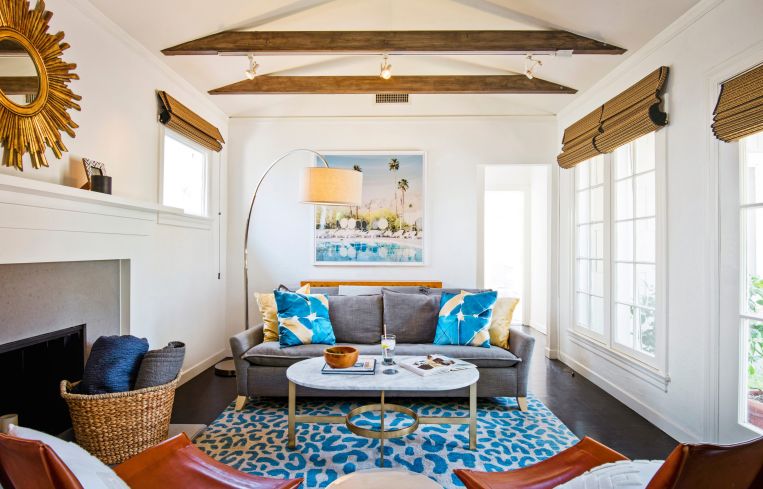LA City Council Committee Approves Ordinance Regulating Home-Sharing
By Alison Stateman April 12, 2018 12:09 pm
reprints
The LA City Council’s Planning and Land Use Committee (PLUM) approved a measure this week to regulate Los Angeles’ huge but currently illegal short-term rental business including its biggest player, Airbnb, according to The Real Deal.
The unanimous vote, which caps the number of days Los Angeles residents can rent out their primary residence annually at 120, comes after three years of debate over regulating the home-sharing industry. The committee originally drafted a 180-day limit.
Despite the approval of the proposed regulations, it may be some time before they are adopted. They still need to be considered by the full 15-member City Council, and even then, it will also likely go back to the Housing Committee and the city planning commission at some point, Councilman Jose Huizar, who chairs the committee, told City News Service.
According to an official release from Huizar’s office, the draft regulation offers potential hosts the possibility of exceeding the 120-night-per-year citywide cap. The host would need to get permission from neighbors, and show they have no more than two verified violations over a six-month period, or for 60 nights of home-sharing, in order to apply for the extended rental nights. If those basic requirements are not met, the host would still be able to appeal for the extension on a discretionary, case-by-case process. The policy also creates a ban on home-sharing use in Rent Stabilization/Covenanted Affordable units.
If approved, it would become the City’s first home-sharing ordinance. (The City’s current zoning regulations do not allow for home-sharing, though a city official told TRD a complete ban is almost impossible to enforce.)
“[The] vote strikes a balance between the different sides of this issue,” Huizar said in an official statement. “This ordinance allows the City to protect our housing supply, as well as the quality-of-life of our residents from bad operators, while ensuring the home-sharing rental industry is fairly regulated and contributing to Los Angeles’ economy.”
The city of L.A. could collect up to $30 million in tax revenue from Airbnb, but the company said the limits might cut into that amount, according to City News Service. The city’s planning department estimated nights booked through Airbnb totaled about 456,000 in 2016 and approximately 550,000 nights through all home-sharing services in 2017.
“We are pleased with yesterday’s vote, which is a step in the right direction, allowing thousands of Angelenos to use what is often their biggest expense—their homes—to earn critical extra income by sharing their home year round,” John Choi, Airbnb policy manager, told Commercial Observer. “We want to make sure that this process remains affordable and easy for hosts to navigate—we don’t need a system riddled with unnecessary fees and red tape. We look forward to working with City leaders to find a balanced approach to a home sharing policy for Los Angeles.”
The proposed rules have raised the concerns of those who rent out something other than their primary residence — such as a vacation home — for short stays, according to the Los Angeles Times. Philip Minardi, director of policy communications for the vacation rental platform HomeAway, said in an official statement that the restrictions would be a “dangerous step in the wrong direction for Los Angeles’s travel and tourism economy” by prohibiting traditional vacation rentals.
The bill was first introduced in 2015 and, according to the Times, has had its fair share of critics, with some finding home-sharing a way in which unscrupulous landlords using it to charge high rates to temporary guests, taking affordable housing—already a scarcity in Los Angeles—off the market. Meanwhile, others have argued that home-sharing has given them a necessary income source that allows them to keep their homes.



